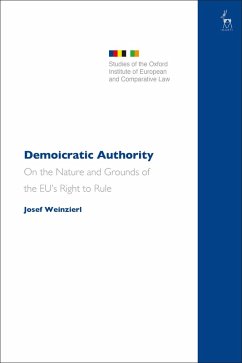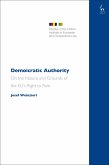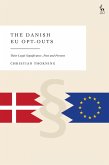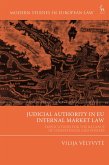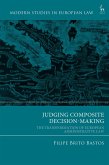What is the nature of EU's authority? This fascinating book explores this question, and is much needed given the increased scrutiny of the EU's actions in the face of growing nationalism and various other internal and external challenges.
By setting out an original account of the preferred moral standard to evaluate such authority, ie demoicratic authority, it illustrates how that standard affects the practical reasoning of those subject to the EU's authority. Theoretically significant, the book also has important practical value as legitimacy challenges in the EU increase. Constitutional lawyers and theorists, as well as political scientists will welcome this innovative new work.
By setting out an original account of the preferred moral standard to evaluate such authority, ie demoicratic authority, it illustrates how that standard affects the practical reasoning of those subject to the EU's authority. Theoretically significant, the book also has important practical value as legitimacy challenges in the EU increase. Constitutional lawyers and theorists, as well as political scientists will welcome this innovative new work.

